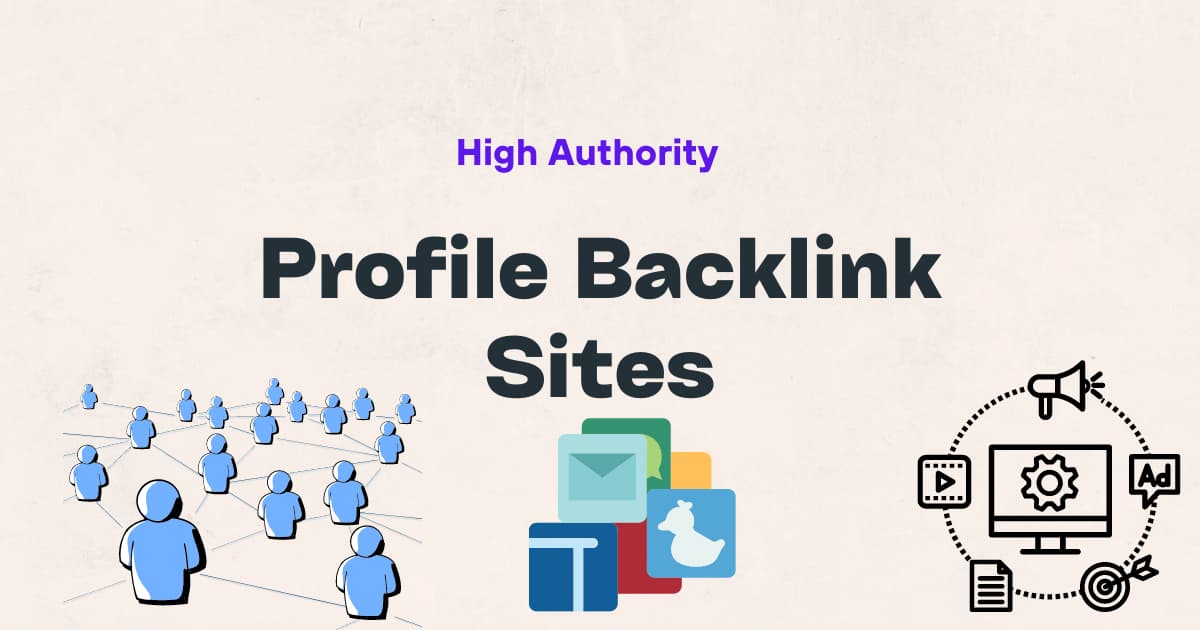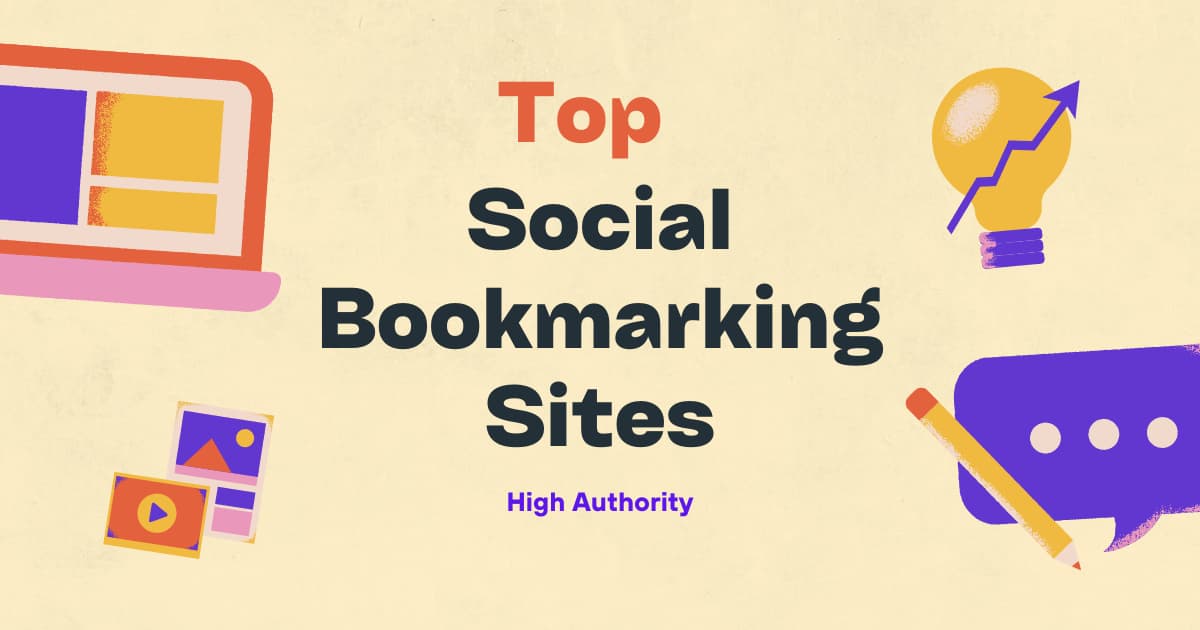Organic traffic refers to website visitors who find your site through search engines naturally. It’s unpaid and based on relevance.
Driving organic traffic is vital for boosting your website’s visibility and building a strong online presence. By optimizing your content with relevant keywords and providing valuable information, you can attract more organic visitors. This not only increases your site’s credibility but also helps in improving search engine rankings.
Organic traffic is considered high-quality as it brings genuine users who are genuinely interested in your content. With the right SEO strategies in place, you can significantly grow your organic traffic and reach a larger audience organically.
What Is Organic Traffic?
Organic traffic refers to the visitors who find your website naturally through search engines, without any paid advertising. It is driven by SEO efforts, content quality, and relevance, ultimately leading to higher credibility and trust. This type of traffic plays a crucial role in boosting website visibility and attracting potential customers.
Definition Of Organic Traffic
Organic traffic refers to the visitors who land on your website naturally, without any direct efforts such as paid advertisements or promotions. These are the users who find your website through search engines like Google, Bing, or Yahoo. When users search for certain keywords or phrases, search engines display relevant websites in their search engine results pages (SERPs), and if your website is well-optimized for those keywords, it has the potential to attract organic traffic.
Importance Of Organic Traffic
Organic traffic is highly valuable for several reasons:
- Authenticity: Organic traffic signifies that users found your website through their own search queries, indicating that your website is relevant and trustworthy in their eyes.
- Sustainability: Unlike paid advertising, which stops generating traffic once the budget is exhausted, organic traffic can continue flowing to your website indefinitely, as long as your website maintains its visibility on search engines.
- Cost-effectiveness: While paid advertisements can be effective, they require a significant investment. Organic traffic, on the other hand, doesn’t incur any direct costs, making it a cost-effective way to drive visitors to your website.
- Long-term Benefits: By consistently optimizing your website for SEO, you can improve your organic rankings over time, leading to sustained organic traffic and potential growth for your business.
- Higher Conversion Rates: Studies have shown that organic traffic often converts better than other types of traffic, as users actively search for information or solutions related to their needs, making them more likely to engage, convert, or make a purchase.
Overall, organic traffic plays a crucial role in improving your website’s visibility, credibility, and long-term success. By implementing effective SEO strategies and providing valuable content, you can attract and retain organic traffic, ultimately helping your business thrive.

Credit: rockcontent.com
Benefits Of Organic Traffic
Organic traffic provides lasting results that sustain over time.
Organic traffic is a cost-effective way to drive visitors to your site.
Organic traffic helps boost brand credibility and trust among users.
Factors Influencing Organic Traffic
Factors influencing organic traffic are crucial in driving visitors to a website without paid promotion. Understanding these key elements can help businesses capitalize on the opportunities presented by organic search. Here are the primary factors influencing organic traffic:
Search Engine Optimization (seo)
Implementing SEO strategies is vital for increasing organic traffic. By optimizing website elements such as meta descriptions, title tags, and headers, businesses can improve their search engine rankings, making it easier for users to find their website.
High-quality Content
High-quality content is a significant driver of organic traffic. When websites offer valuable, relevant, and engaging content, they are more likely to attract and retain visitors. Content that provides solutions to user queries and adds value tends to rank higher in search results.
User Experience
Ensuring a positive user experience is essential for organic traffic. Websites that are easy to navigate, mobile-friendly, and visually appealing tend to attract and retain more visitors. A seamless user experience can lead to increased organic traffic and higher search engine rankings.
Website Speed And Performance
Website speed and performance play a crucial role in organic traffic. Fast-loading websites are more likely to rank higher in search results and provide a better user experience. Optimizing website performance contributes to increased organic traffic and improved search engine visibility.

Credit: www.walmart.com
Strategies To Boost Organic Traffic
Keyword Research And Optimization
Keyword research is the foundation of any successful SEO strategy. Identify the most relevant keywords for your niche and optimize your content around them. Utilize tools like Google Keyword Planner and SEMrush to discover high-volume, low-competition keywords that your target audience is searching for.
On-page Seo Techniques
On-page SEO involves optimizing your website’s content and HTML source code. Focus on creating descriptive meta titles and tags, utilizing header tags, and optimizing image alt attributes. Ensure your content is easily navigable for search engines and users alike.
Creating Compelling Content
Compelling content is crucial for attracting and retaining organic traffic. Leverage valuable, informative, and engaging content that resonates with your target audience. Integrate relevant keywords naturally within your content to enhance its search visibility.
Link Building
Link building remains a cornerstone of SEO. Acquire high-quality backlinks from authoritative websites that are relevant to your niche. Engage in guest posting, influencer outreach, and content promotion to increase your website’s authority and visibility.
Social Media Integration
Social media plays a pivotal role in driving organic traffic. Leverage platforms where your target audience is most active and regularly share your content. Engage with your audience, foster relationships, and encourage social sharing to expand your reach.
Measuring And Analyzing Organic Traffic
Organic traffic refers to website visits from search engines without paid advertising. Measuring and analyzing organic traffic helps understand user engagement and enhance SEO strategies for improved visibility and ranking on search engine results pages. It’s crucial for businesses to track and optimize organic traffic to boost online presence and attract relevant visitors.
Using Google Analytics
Google Analytics is a powerful tool for analyzing organic traffic. It provides insights on how visitors find your site and their behavior.
Understanding Key Metrics
Key metrics like organic sessions, bounce rate, and average session duration help measure the effectiveness of organic traffic.
Conversion Tracking
Tracking conversions from organic traffic is vital for evaluating ROI and optimizing your strategy.
Identifying Trends
Identifying trends in organic traffic data helps in forecasting and adjusting your marketing efforts for better results.

Credit: www.walmart.com
Common Challenges In Generating Organic Traffic
Generating organic traffic is a key goal for any website looking to improve its visibility and reach. However, there are several common challenges that online businesses and marketers face in achieving this. In this section, we will explore some of these challenges and how they can impact your efforts to increase organic traffic.
Increasing Competition
In the digital landscape, competition is getting fiercer day by day. As more businesses recognize the importance of online presence, the competition for organic traffic becomes intense. As a result, it can be challenging to stand out and outrank your competitors in search engine results. Staying ahead of the competition requires constant monitoring of the market and implementing effective optimization strategies.
Algorithm Updates
Search engine algorithms are constantly evolving to provide better user experiences and deliver more relevant results. However, these algorithm updates can significantly impact organic traffic due to changes in ranking factors. Suddenly, the hard-earned rankings and traffic can plummet if your website doesn’t align with the latest algorithm changes. Staying informed, adapting your strategies, and focusing on user experience can help mitigate the negative effects of algorithm updates.
Technical Issues
Technical issues can hamper your organic traffic growth, even if you have stellar content. Slow website speed, broken links, duplicate content, and inadequate mobile optimization are just a few examples of technical issues that can affect search engine visibility. It is crucial to regularly audit your website, identify and fix these technical problems promptly to maintain and improve your organic traffic.
Content Fatigue
With the growing amount of content produced online, users are becoming overwhelmed and suffering from content fatigue. When your content fails to engage, add value, or stand out from the crowd, it becomes difficult to attract and retain organic traffic. Crafting high-quality, unique, and informative content that resonates with your target audience is essential to combat content fatigue and drive organic traffic.
Case Studies: Successful Organic Traffic Strategies
Implementing effective organic traffic strategies is essential for the success of any online business. In this section, we will explore case studies of three different types of websites: E-commerce, Personal Blog, and Service-based Business. By examining these real-world examples, we can gain valuable insights into how organic traffic can be leveraged to drive growth and increase visibility.
E-commerce Website
An e-commerce website is focused on generating sales and driving revenue through online transactions. To increase organic traffic, it’s crucial to optimize product pages for relevant keywords and ensure a user-friendly browsing experience. A case study that exemplifies a successful organic traffic strategy is XYZ Fashion, an online clothing store.
The first step XYZ Fashion took was conducting in-depth keyword research to identify high-converting keywords with high search volume and low competition. They then strategically integrated these keywords into their product titles, descriptions, and meta tags. By doing so, they improved their rankings in search engine results pages (SERPs).
Additionally, XYZ Fashion invested in creating high-quality and informative blog content related to fashion trends, styling tips, and industry news. This not only attracted organic traffic but also positioned them as an authority in their niche. They made sure to link their blog posts to relevant product pages, increasing the chances of conversions.
Personal Blog
A personal blog is a platform for individuals to share their thoughts, expertise, and experiences with a wider audience. Building organic traffic for a personal blog involves creating compelling and relevant content that resonates with the readers. A successful case study in this domain is Jane’s Healthy Living, a blog dedicated to promoting a holistic lifestyle.
Jane focused on creating long-form articles that were informative, engaging, and optimized for the target audience’s search intent. She conducted thorough keyword research to identify topics that had a high search volume and low competition.
Furthermore, Jane actively promoted her blog on social media platforms and engaged with her audience through comments and discussions. This not only attracted more visitors but also encouraged them to share her content with their networks, generating valuable backlinks and increasing her blog’s organic visibility.
Service-based Business
A service-based business relies on attracting potential clients who are actively seeking the specific services they offer. One successful case study is XYZ Digital Marketing Agency, a company specializing in providing digital marketing solutions. For them, organic traffic plays a significant role in acquiring new clients.
One organic traffic strategy XYZ Digital Marketing Agency implemented was creating informative and actionable blog posts related to various aspects of digital marketing. These articles targeted specific pain points and provided solutions that showcased their expertise.
Moreover, XYZ Digital Marketing Agency actively optimized their website structure and content to ensure search engine readability. They focused on optimizing their meta tags, headers, and URLs. Additionally, they implemented a robust internal linking strategy to guide both users and search engines to their most important pages.
By implementing these organic traffic strategies, XYZ Digital Marketing Agency achieved significant search engine rankings improvements for their target keywords, attracting highly relevant organic traffic and acquiring new clients.
Frequently Asked Questions For What Is Organic Traffic?
What Organic Traffic Means?
Organic traffic refers to the visitors who come to your website through unpaid search results. These visitors find your website by searching for relevant keywords on search engines like Google. It is a valuable source of traffic as it is organic and not generated through paid advertising.
What Is The Difference Between Seo And Organic Traffic?
SEO is a strategy to optimize websites for search engines like Google. Organic traffic is the result of users finding a website naturally through search engine results, without paid advertising. SEO boosts organic traffic by improving website visibility and ranking.
What Is Direct Traffic Vs Organic?
Direct traffic is when users visit a website by typing the URL directly into the browser. Organic traffic comes from search engines like Google, from users clicking on search results.
What Is Organic Vs Inorganic Traffic?
Organic traffic is generated naturally from search engines, while inorganic traffic comes from paid advertising. Organic traffic is free and sustainable, while inorganic traffic requires payment and may not be as reliable. Organic traffic is achieved through SEO efforts, while inorganic traffic is obtained through paid campaigns.
Conclusion
Organic traffic is crucial for website success. Understanding its importance can help businesses grow online. By optimizing content and staying relevant to search intent, you can attract quality visitors. Embrace SEO strategies to enhance organic traffic and boost your site’s visibility in search engine results pages.




